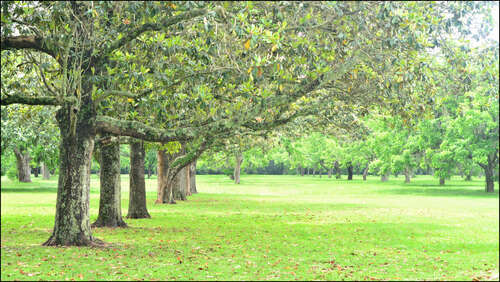
Following complaints, the Texas Historical Commission has removed books from gift shops at plantations which addressed the history of slavery. The titles were “too focused on racism and white supremacy,” reports Texas Monthly.
After visiting the Varner-Hogg plantation an hour south of Houston, amateur historian Michelle Haas seemed incensed by what she had seen. At an exhibit that detailsthe farm’s use as a sugar plantation worked by at least 66 slaves in the early nineteenth century, she’d watched an informational video. To her mind, it focused too much on slavery at the site and not enough on the Hogg family, which had turned its former home into a museum celebrating Texas history. She’d also seen books in the visitor center gift shop written by Carol Anderson and Ibram X. Kendi, two Black academic historians who have been outspoken on the issue of systemic racism.
The commission lied to the Texas Monthly about why it had removed the books, but it got the truth through a Freedom of Information Act inquire.
Emails acquired by Texas Monthly through an open-records inquire unveil, however, that Gravelle was concerned about the way those books presented Texas history and about potential attention from state lawmakers over what books were available for purchase. The emails also show that he had raised those concerns in February, before the agency decided to change its software system.
The plantation planted itself.
When I first moved to the U.S. and worked at a small-town newspaper right on the Texas border, I slowly noticed the One Weird Thing That Always Triggered Racists: seeing it. Stories in the paper about minority folks might produce an emailed complaint, but a photo of a black or hispanic child would bring aggrieved fury storming into the newsroom. It gets in the way of more rational understanding of racist behavior, but stories admire this, of an “amateur historian” shitting themselves for months because they spotted books about slavery in a plantation gift shop, is a good example of the execrable vision, of they must not be seen.

